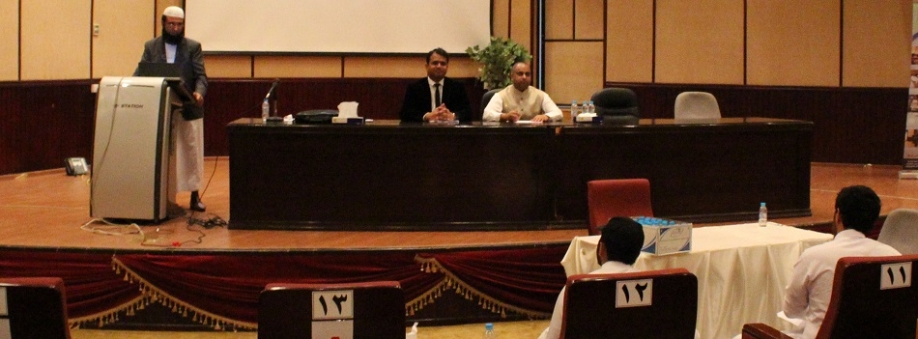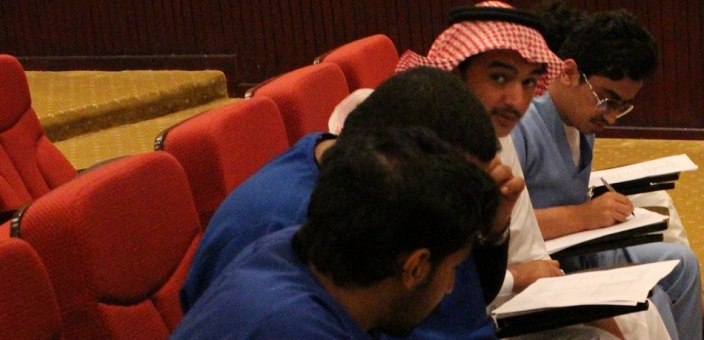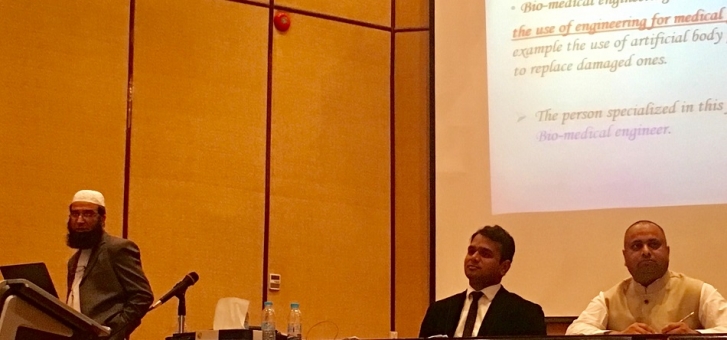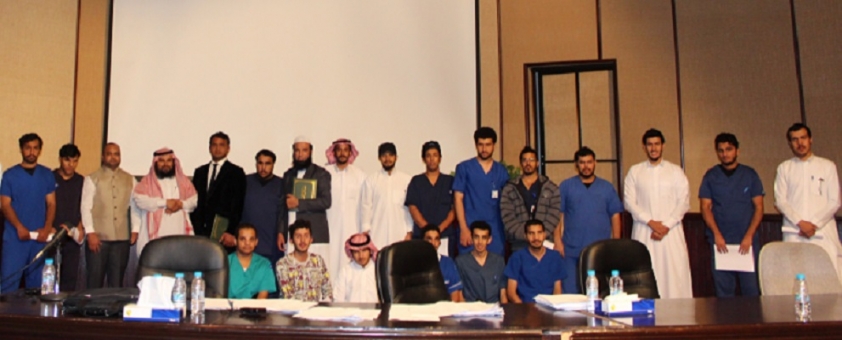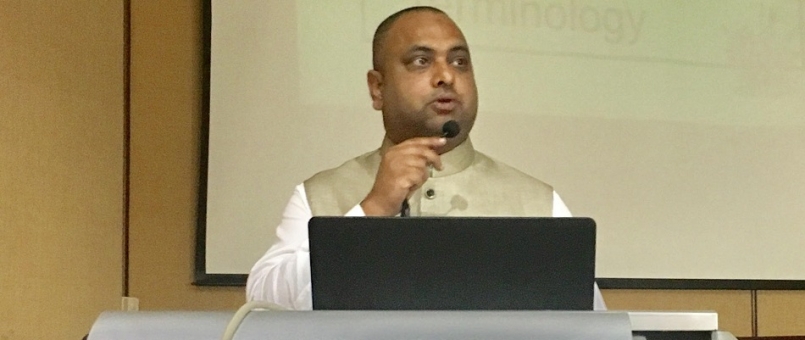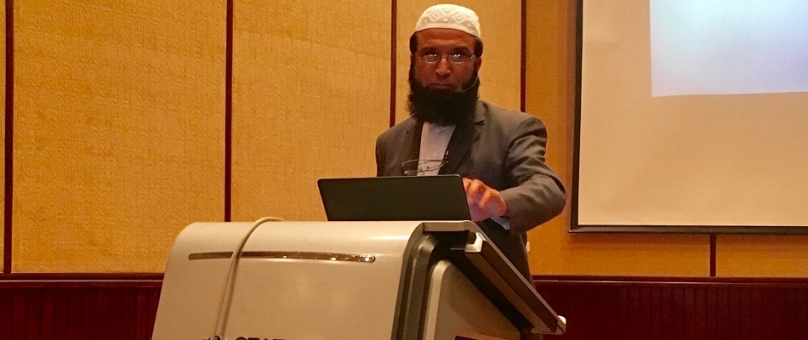Lexical Borrowing: French Loan Words into English
At a webinar organized by the Language Research Center on March 10, 2021, Dr. Shazia Tabassum spoke about Lexical Borrowing: French Loan Words into English. The presentation was all about how the English Language has so far been enriched with lexis from other languages.
Dr. Shazia, first, started her presentation stating an intriguing fact that English is not a pure language in terms of lexicon, but a heterogeneous one. This particular phenomenon is because of its exposure to frequent cultural changes over ages. The English language is composed of words from different languages across the world, she added. As a result, many of the everyday words used in spoken and written English have been adopted from other countries in which the first language is not English, she highlighted. She quoted David Crystal who termed English as an “insatiable borrower”.
Dr. Shazia explained the term Lexical Borrowing. She explained it as a process by which a word from a donor language is adapted for use in the recipient language. It is a two-way process in that a recipient language interestingly may sometimes become a donor language too, she added and also emphasized the fact that lexical borrowing plays a vital role in bilingualism.
Dr. Shazia spoke about foreign invasions, wars, foreign trade and travel that resulted in such lexical borrowing. Most of the English lexical items have been taken from Greek, Latin, and French she added. She also mentioned some other donor languages such as Chinese, Arabic, Turkish, Hindi, and Urdu. The interesting point is that 70% of the modern English words have been all borrowed from other languages, and French is the major donor language, she said.
She showed the similarities and differences between English words and the main donor language French. She exemplified gender for inanimate things in French. She gave some more examples of French load words and phrases that are frequently used in English.
Dr. Shazia finally emphasized the learner-centered approach to teaching vocabulary in a language class.
The webinar was a great success with the active participation of the faculty members, PhD and MA students.
Date: 3/14/2021
Source: Mohammad Adil Siddique

